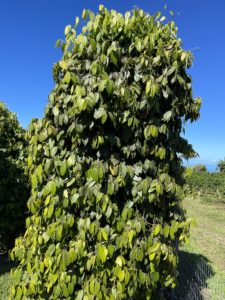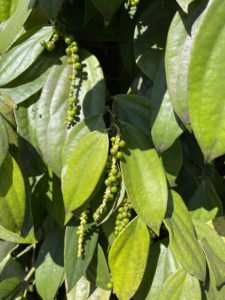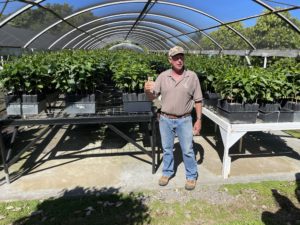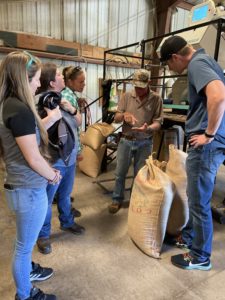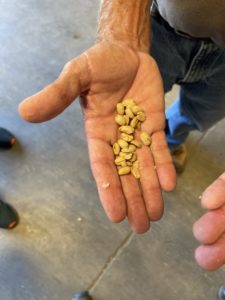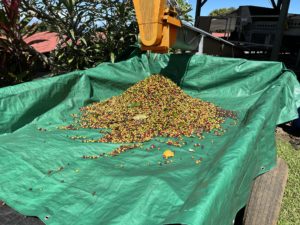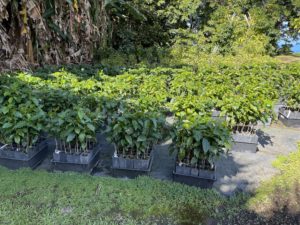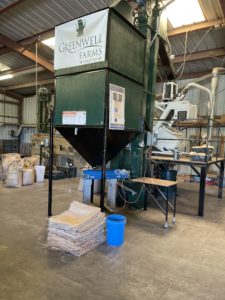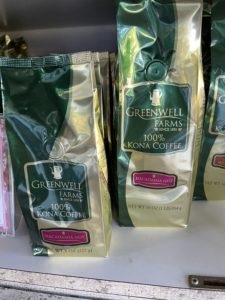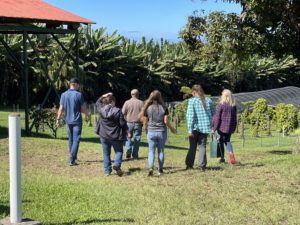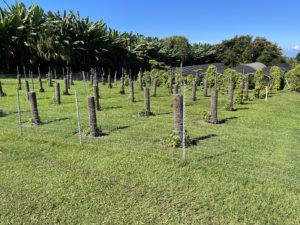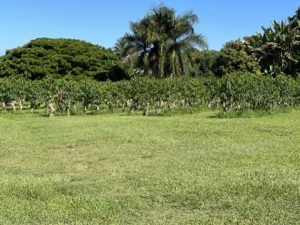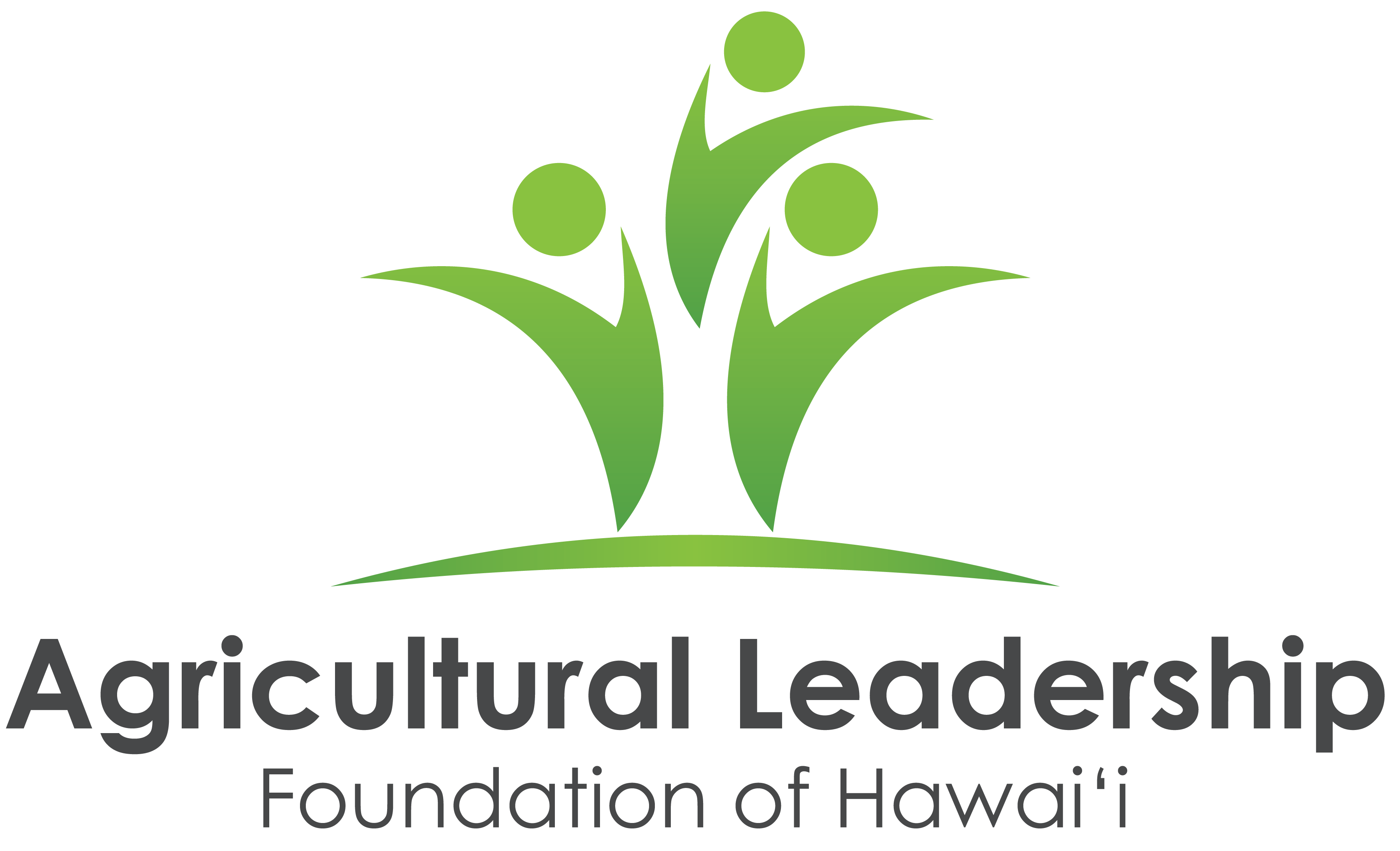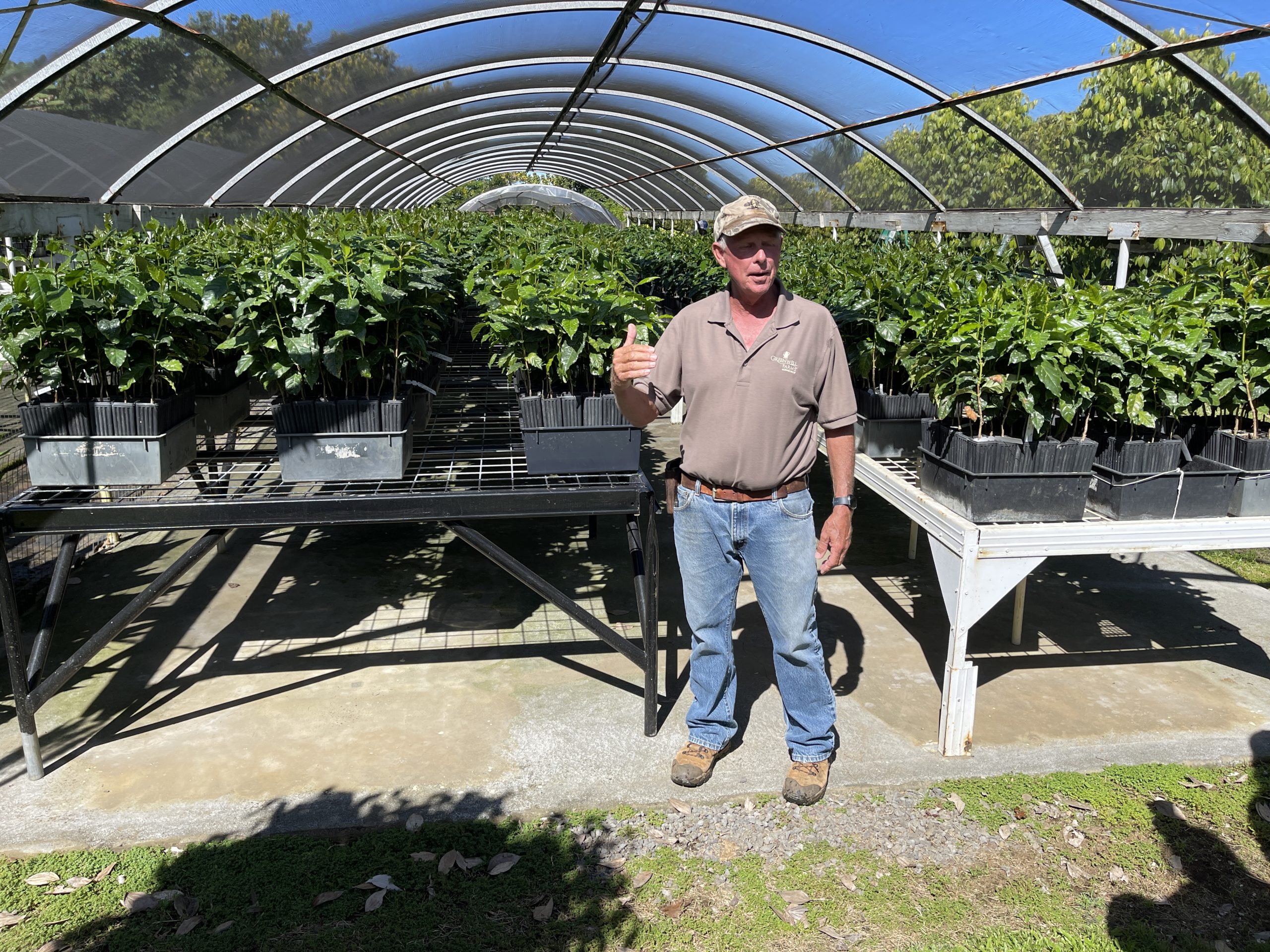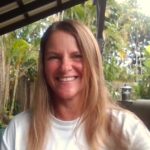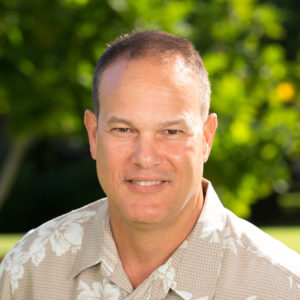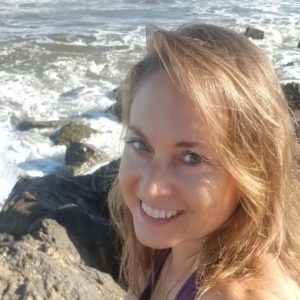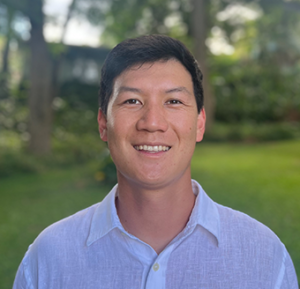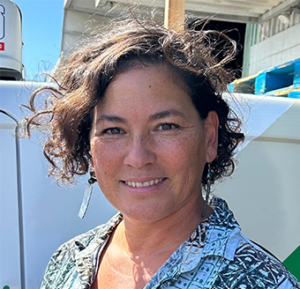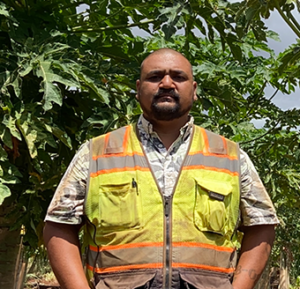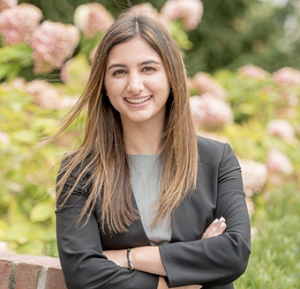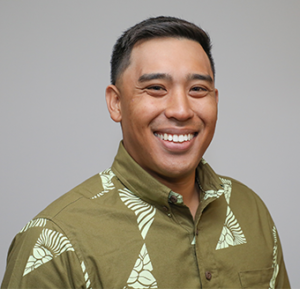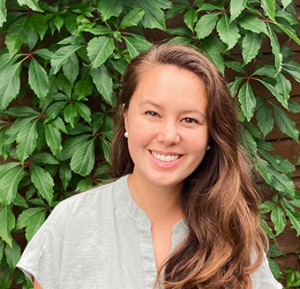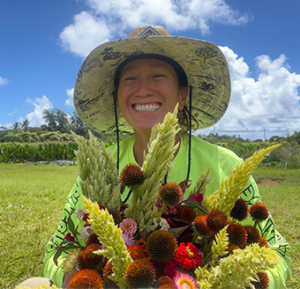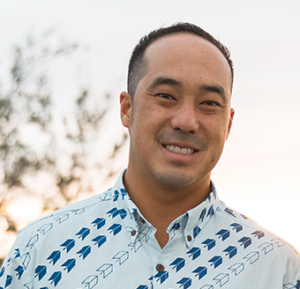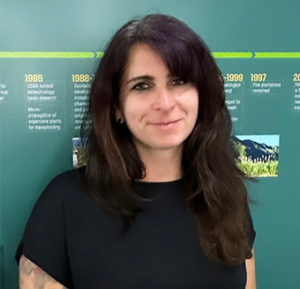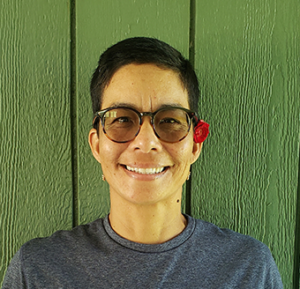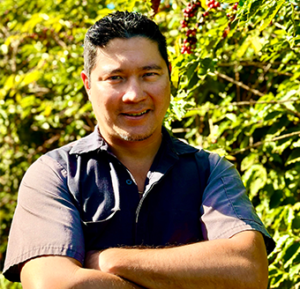Ocean Era formerly Kampachi Farms has successfully conducted two state-of-the-art offshore aquaculture trials in Federal waters around Hawaii. These trials tested numerous technologies necessary to take aquaculture “over-the-horizon.” The Velella Beta test involved the use of an unmoored, copper-alloy meshed Aquapod®, stocked with around 2,000 kampachi, attached only to a feed barge / tender vessel, which drifted with the currents, between 3 – 75 miles offshore of the Big Island. This was the world’s first unanchored net-pen trial, and was awarded one of TIME Magazine’s “25 Best Inventions of the Year” for 2012.
The Velella Gamma test used the same net pen, species, and number of fish, but included a single-point mooring located in 6,000 ft deep water, some 6 nautical miles offshore of the Kona Coast. This trial used a remotely-controlled, unmanned feed barge to facilitate “over-the-horizon aquaculture”. Technicians could run the farm remotely, using an iPhone or iPad, and only needed to visit the site once a week to top up the feed in the hopper and the fuel in the generator.
We visited ALP alumn,
JENNICA LOWELL-HAWKINS
FINFISH PROGRAM MANAGER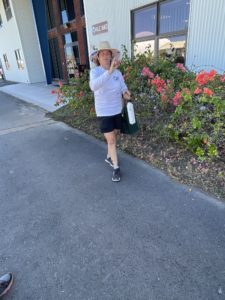
Jennica was introduced to marine aquaculture after high school, and immediately believed in its potential to mitigate many of the challenges our oceans face. She received her Bachelor of Science in Marine Biology from Florida Atlantic University in 1999 and her Master of Science (focusing on fish health in aquaculture) from the University of Florida in 2002. She worked with Florida’s Cooperative Extension Service after graduate school, then spent two years raising marine ornamental fish in Florida and Puerto Rico. In 2006 Jennica joined Kona Blue Water Farms as a hatchery technician, then assumed the role of Research and Fish Health Manager. KBWF’s research team explored new species for aquaculture, new product development and processing, novel disease treatments and fish nutrition. In 2012 she joined Blue Ocean Mariculture (Kona, HI) to focus on commercial food fish production and helped lead the company’s successful offshore permitting and expansion efforts. From 2013 – 2014, Jennica was also a member of the Hawaii Agriculture Leadership Foundation’s Class XIV. This experience imparted on her a greater appreciation of Hawai’i’s history and its uniqueness.
Jennica spent four years as a contractor with the Coastal Aquaculture Siting and Sustainability (CASS) gr
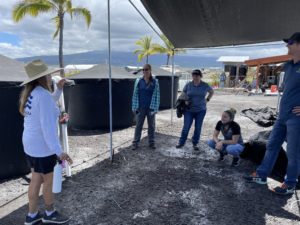
oup, part of NOAA’s National Ocean Service, in Beaufort, North Carolina. Here she was part of a team that provides science, guidance, and technical support to coastal managers so communities can grow a sustainable aquaculture industry, while maintaining and improving ecosystem health. Working with CASS, Jennica gained insight into the processes that much of the industry struggles with. She also gained respect for the people who chose to serve our Nation in often complicated roles.
In early 2021 Jennica joined Ocean Era. She is excited to be part of a company whose focus is on the research and expansion of responsibly practiced aquaculture.
We also visited with
DR. SIMONA AUGYTE
MACROALGAE RESEARCH MANAGER
Dr. Simona Augyte has over 10 years of experience working with macroalgal cultivation, genetics, and reproduction. She has conducted extensive research on the ecophysiology and breeding of brown, green, and red seaweeds in both tropical and temperate marine systems. Her Ph.D. work at the University of Connecticut focused on the domestication of unique kelp for aquaculture. Overall, she is passionate and dedicated to fostering sustainable mariculture development in the US for food, feed, and bioenergy production.
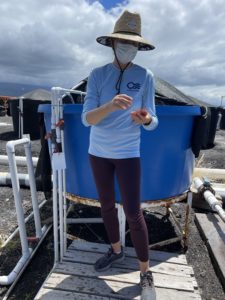
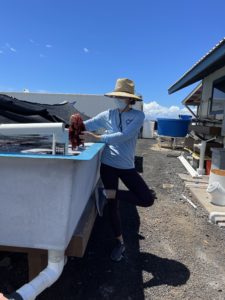
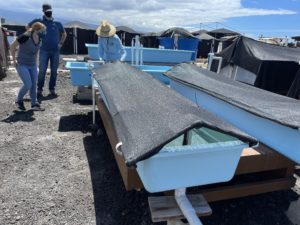
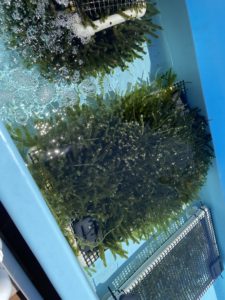
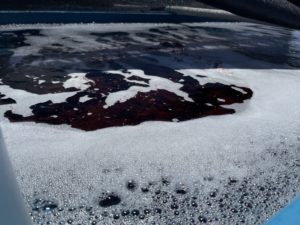
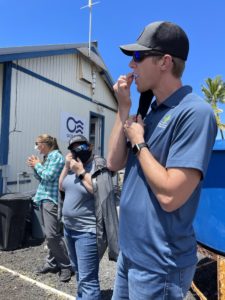
For more detailed information about the incredible work they are doing to create sustainable and native food systems, please go to this link:
http://ocean-era.com/projects
